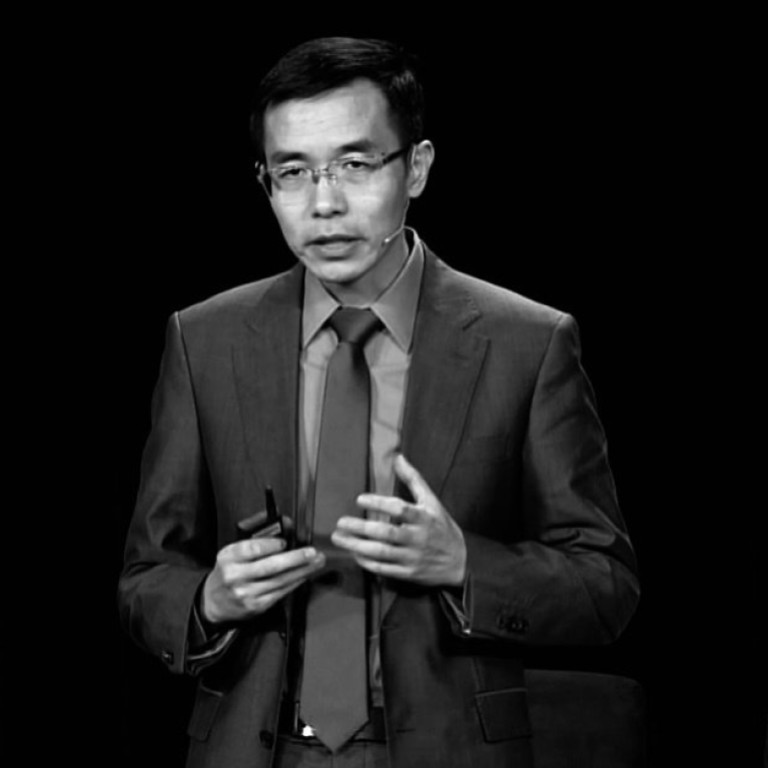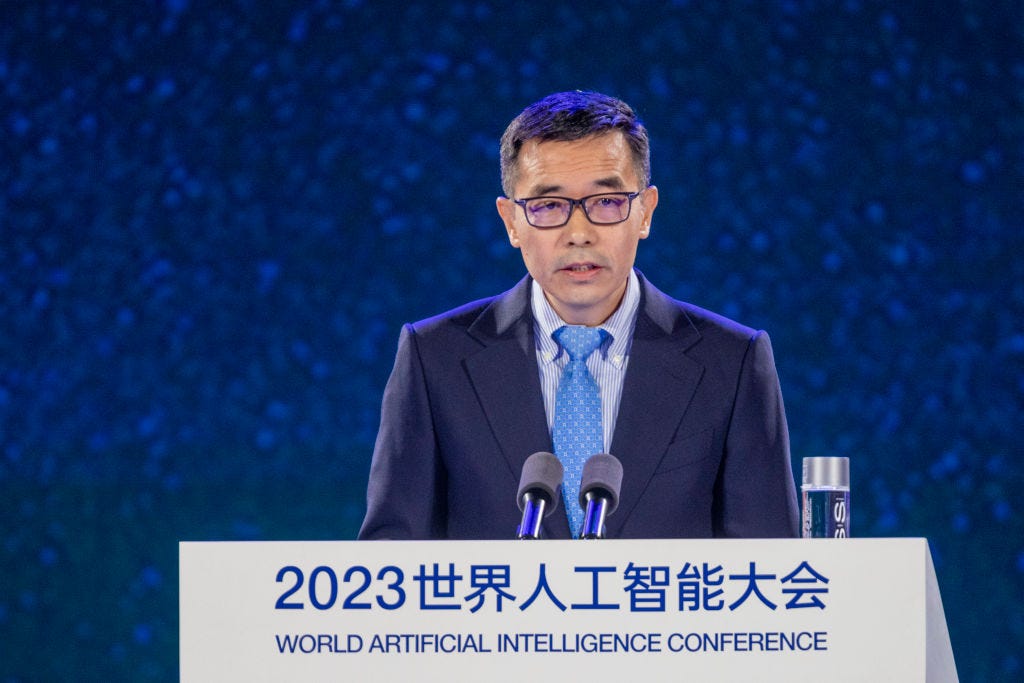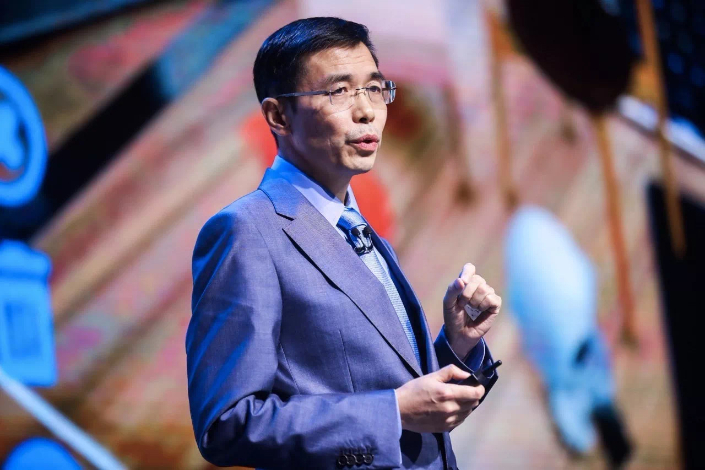Tang Xiao’ou Obituary: founder of Chinese AI SenseTime, died at 55, cause of death

Tang Xiao’ou Obituary: The sudden passing of Tang Xiao’ou, the wealthy founder of Chinese AI startup SenseTime, has sent shockwaves through the industry. SenseTime, known for its facial recognition technology, was once the most valuable private AI startup in the world. However, the company has faced numerous challenges, including being placed on the U.S. Commerce Department’s Entity List and allegations of fabricating income. As a result, its shares have plummeted, and prominent investors have begun to liquidate their holdings. Tang’s death comes just weeks after accusations of financial misconduct were made against his company. This tragic event raises questions about the future of SenseTime and the broader AI industry in China.
- Bad News! Holly Kress Obituary News, A Heartfelt Tribute to a Cherished Green Bay Resident – In Loving Memory of Holly Kress
- [Death News] Vera Frances Walker Obituary : Tragic loss Vera Frances Walker passes away at the age of 59
- Tragic news! Liz Williams Obituary: Remembering the Founder of Small Pet Rescue
- CHorrify Accident! Chuck Drury’s car accident: Tragic events unfold as Chuck Drury encounters a devastating car collision.
- Garly Sojo’s obituary: Venezuelan basketball player Garly Sojo passed away at the age of 24
SenseTime Founder Tang Xiao’ou Passes Away
The AI community mourns the loss of Professor Tang Xiao’ou, the esteemed founder of SenseTime and a renowned artificial intelligence scientist. Professor Tang’s contributions to the field of computer vision, pattern recognition, and video processing have left an indelible mark on the industry. His passing on December 15, 2023, due to health issues has left a void that will be deeply felt by his colleagues, students, and the entire AI community.
Announcement of Tang’s Passing

SenseTime, in a heartfelt statement, announced the passing of their beloved founder, Professor Tang Xiao’ou. Recognized as a pioneer in the field of AI, Professor Tang was not only the founder of SenseTime but also held prestigious positions as the director of Pujiang Lab, director of Shanghai AI Lab, and Professor at The Chinese University of Hong Kong. His dedication and expertise have been instrumental in shaping the growth and success of SenseTime and the broader AI industry.
SenseTime’s Shares Experience Significant Drop
The news of Professor Tang’s passing has had a profound impact on SenseTime’s shares, with a significant drop in their value. Investors and stakeholders were taken aback by the sudden loss of the visionary leader. SenseTime’s shares experienced a sharp decline, reaching an all-time low before recovering slightly towards the end of the trading session. The company now faces the challenge of navigating this period of uncertainty and regaining investor confidence.
SenseTime: Leading AI Startup
See more : Tragic Loss! Joel Harland Obituary: Mourning the Sudden Loss of Drighlington, Leeds Rugby Player
SenseTime has emerged as a trailblazing AI startup, making significant strides in the field of artificial intelligence. With its cutting-edge technology and innovative solutions, SenseTime has established itself as a frontrunner in the global AI landscape. The company’s commitment to pushing the boundaries of AI research and development has garnered widespread recognition and acclaim.
One of China’s “Four Little Dragons” of AI
SenseTime holds a prominent position among China’s esteemed group of AI companies known as the “Four Little Dragons.” Alongside Cloudwalk Technology, Megvii, and Yitu, SenseTime has played a pivotal role in driving the rapid growth and advancement of AI technology in China. These four companies have collectively revolutionized various industries through their groundbreaking AI applications and have become synonymous with China’s AI prowess on the global stage.
Famed for Facial Recognition Technology

SenseTime has gained widespread recognition and acclaim for its groundbreaking facial recognition technology. Leveraging advanced algorithms and deep learning techniques, SenseTime’s facial recognition technology has transformed the way we interact with devices and systems. From enhancing security measures to enabling personalized user experiences, SenseTime’s facial recognition technology has opened up a world of possibilities and has become a game-changer in various sectors, including security, retail, and healthcare.
Challenges and Controversies
SenseTime, despite its remarkable success, has faced its fair share of challenges and controversies along its journey. These obstacles have tested the company’s resilience and forced it to adapt and find innovative solutions to navigate through turbulent times.
Obstacles in Western Markets
Expanding into Western markets has proven to be a challenging endeavor for SenseTime. In 2019, the company faced a setback when it was placed on the U.S. Commerce Department’s Entity List. This move was a result of allegations linking SenseTime to human rights violations in China’s Xinjiang province. The inclusion on the Entity List hindered the company’s growth and restricted its access to crucial partnerships and collaborations in Western markets.
Declining Chinese Market and Alternate Revenue Streams
See more : Las Vegas teenager, 17 years old: “beat to death” by a group
SenseTime has also encountered challenges in its home market of China. The demand for face recognition surveillance systems has been declining, prompting the company to explore alternate revenue streams. SenseTime has been actively seeking new opportunities and diversifying its offerings to adapt to the changing market dynamics and ensure its long-term sustainability.
Allegations of Human Rights Violations and Entity List Placement
The allegations of human rights violations in China’s Xinjiang province have cast a shadow of controversy over SenseTime. While the company has denied any involvement in such activities, the accusations have raised concerns and impacted its reputation. The placement on the Entity List further exacerbated the situation, leading to increased scrutiny and challenges in international markets.
Decrease in Share Price and Liquidation of Holdings

SenseTime’s share price has experienced a significant decline since its initial public offering in 2021. The company’s value has decreased by over two-thirds, causing concern among investors. Notably, well-known investors, including Alibaba and Softbank, have started liquidating their holdings in the company. These developments have raised questions about the company’s financial stability and future prospects.
Accusations of Fabricated Income
SenseTime faced allegations of fabricating its income, which further added to the challenges it was already facing. These accusations, made by American short-seller Grizzly Research, raised doubts about the company’s financial practices and integrity. SenseTime has vehemently denied these claims, emphasizing its commitment to transparency and ethical business conduct.
Investment Practices and Other Issues
Another area of concern highlighted in the study is SenseTime’s investment practices. The report suggests that the company has engaged in investments in other businesses in exchange for purchase agreements, where funds are returned without the actual delivery of products. These practices, among other issues, have raised questions about the company’s financial management and corporate governance.
In conclusion, the passing of Tang Xiao’ou, the founder of SenseTime, has had a significant impact on the company’s shares, which experienced a sharp decline. SenseTime, known for its facial recognition technology, was once the most valuable private AI startup in the world but has faced challenges in Western markets and a declining Chinese market for face recognition surveillance systems. The recent allegations of income fabrication by Grizzly Research have further added to the company’s struggles. As SenseTime navigates these obstacles, it remains to be seen how it will adapt and regain its position in the AI industry.
Source: https://cupstograms.net
Category: Obituary